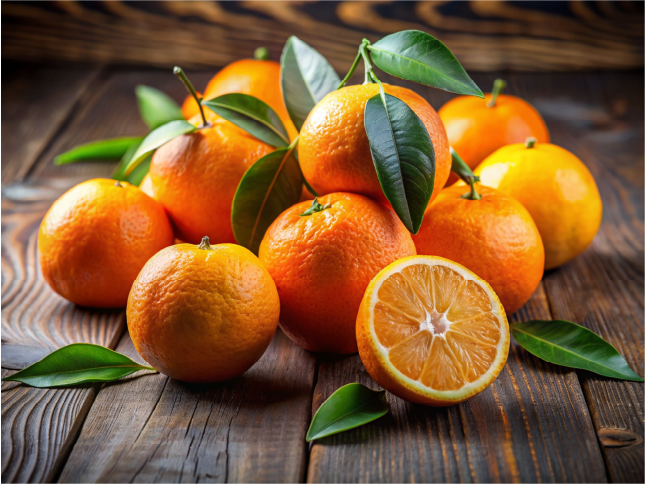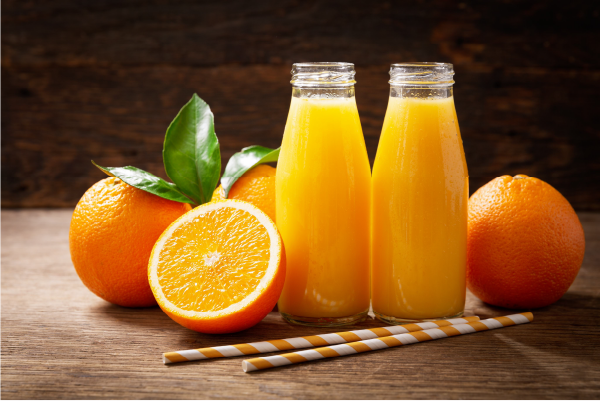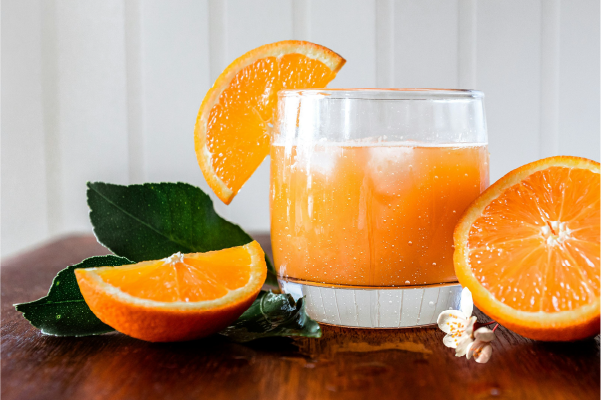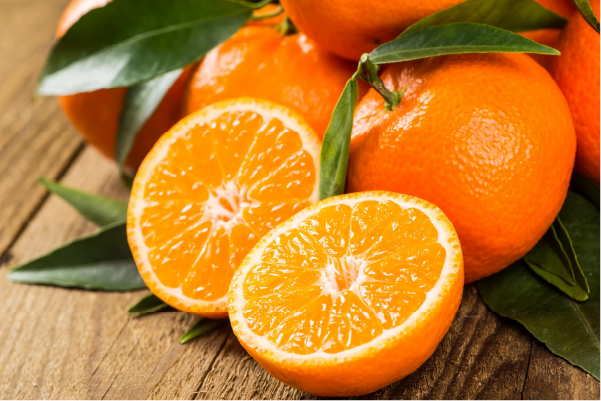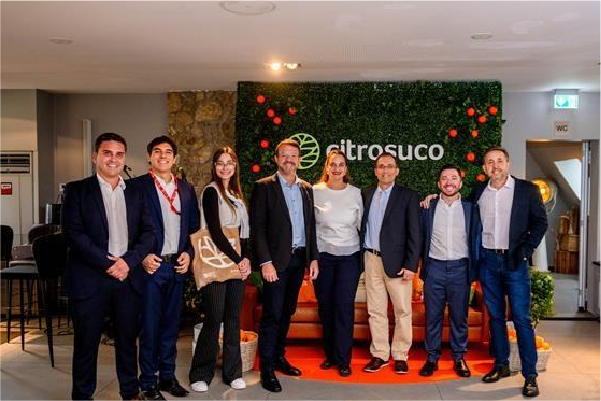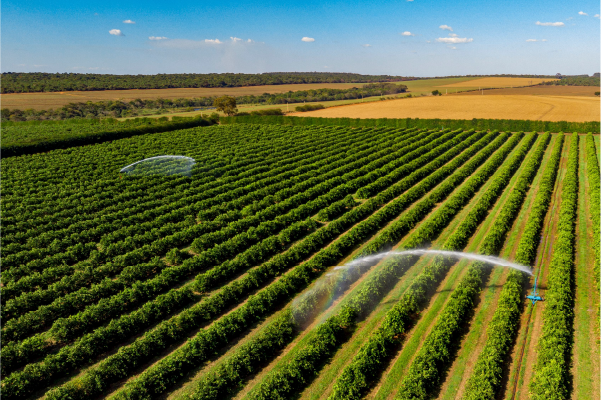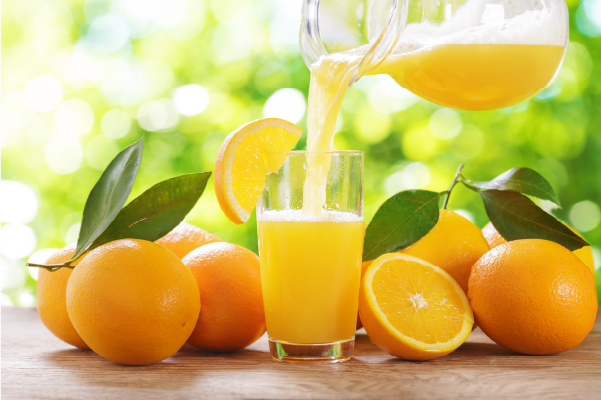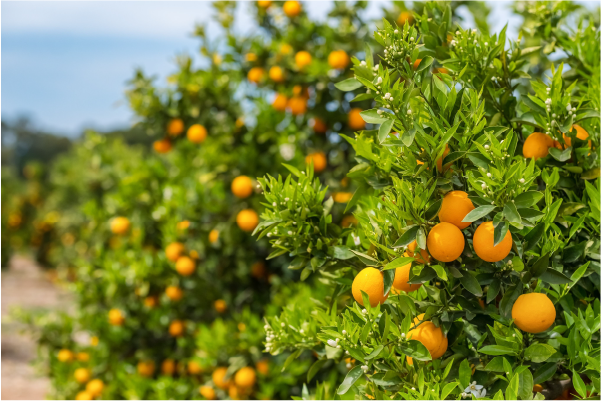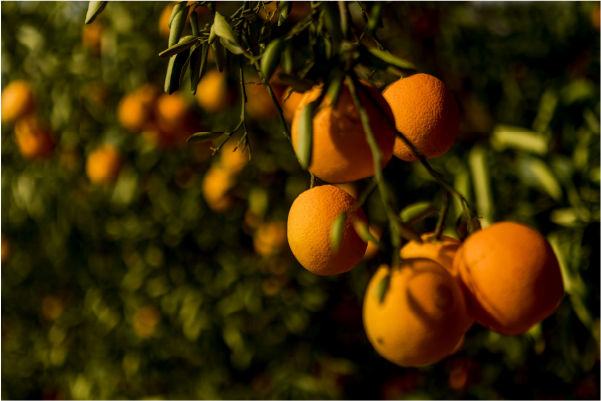How does the global juice industry maintain consistent supply amid disruption? By strengthening supply chains, companies ensure operational continuity and responsiveness to market and environmental changes.
Through proactive planning and flexible logistics, the sector can quickly adapt to shifts in demand, climate events, and international trade dynamics, keeping products flowing from orchard to glass.
Strategies that secure supply
Resilient supply chains rely on diversified sourcing, efficient inventory management, and advanced forecasting tools.
By integrating predictive analytics, companies can anticipate production bottlenecks and optimize harvest schedules, reducing risk and maintaining consistent quality for consumers worldwide.
Brazil’s role in a stable global supply
Brazil’s citrus regions benefit from favorable climate, extensive infrastructure, and responsible farming practices, forming a backbone for global juice supply.
At Citrosuco, operations in Matão, São Paulo, leverage advanced processing, storage, and transport systems to ensure continuity. Company-owned terminals and a fleet across multiple continents allow full traceability and flexible distribution, even under unforeseen challenges.
Global collaboration for continuity
Adaptability is a shared responsibility.
Collaboration among producers, distributors, and international partners ensures a resilient juice market, able to respond to evolving consumer needs and global disruptions.
Resilient supply chains guarantee that high-quality orange juice continues to reach consumers worldwide. Citrosuco combines innovation, traceability, and operational flexibility to meet these challenges.





